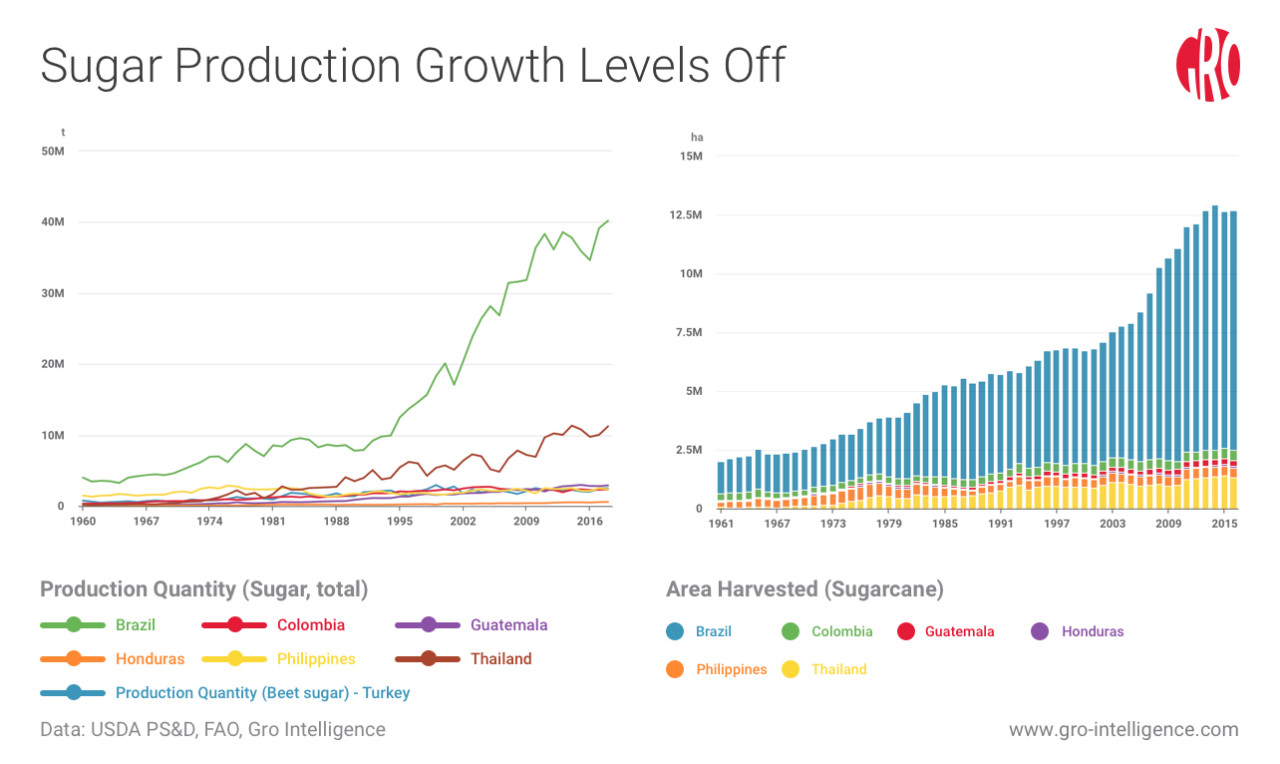
In the wake of its establishment, it began training for BSc degrees. It was established in then College of Agriculture and mechanical arts in 1959. We are increasingly aligning our actions with the circular economy principle.The School of plant science is the pioneer department that has laid the foundation of teaching and research in crop science at the university. We offer our customers a wide range of products that can reduce air pollutants or waste – from industrial process catalysts, fuel additives and catalysts for the automotive sector to additives and track-and-trace technologies to extend the useful life of plastics or improve mechanical recycling of plastic waste. We support our suppliers in developing and implementing measures for improvement, for example in waste management.

This is assessed as part of our sustainable supply chain management. We expect our suppliers to comply with internationally recognized environmental standards. In addition to optimizing our own processes, we are committed to reducing the impact on air and soil and minimizing our disposal volumes and material consumption along our value chains. If soil and groundwater contamination occurs at active or former sites, appropriate remediation measures are reviewed and implemented. In this way, we also contribute to preventive soil protection and keep today’s waste from becoming tomorrow’s contamination. If we use external waste disposal companies, we conduct regular audits to ensure that waste is disposed of properly. Non-recyclable materials are disposed of safely, appropriately and in an environmentally responsible manner. If these cannot be used within BASF’s Verbund structures, we assess whether they can be recycled or thermally recovered. The by-products of one plant serve as feedstock for other plants and processes elsewhere in the BASF Verbund, avoiding waste and enabling us to use raw materials as efficiently as possible. We use it to efficiently manage our material flows. BASF’s Verbund structure with its networked plants and value chains is key here. Our waste management is based on the systematic tracking of material flows and follows a clear hierarchy: We aim to avoid waste as far as possible, for example, by continuously optimizing our processes or developing new production methods. In addition to greenhouse gases, we also measure and analyze emissions of air pollutants to avoid potentially harmful substances as best possible. BASF’s global network of experts regularly shares information, insights and best practices to further reduce our emissions to air, manage waste and responsibly handle contaminated sites.Ĭontinuous documentation and monitoring of emissions to air, waste streams and contaminated sites as well as the implementation of measures for improvement are an integral part of our environmental management. The Environmental Protection, Health & Safety unit in the Corporate Center conducts regular audits to monitor compliance with legal requirements and internal guidelines. We have defined our global standards for emissions to air, waste and contaminated sites in Group-wide guidelines, the implementation of which is the responsibility of the sites and subsidiaries. The safe and efficient operation of our plants and the responsible management of resources and waste are core components of our Responsible Care Management system.

Share of our waste recycled or thermally recovered
#Fman 493 sugarbush production and management professional
Balancing Personal and Professional Life.Additional Indicators for Results of Operations.Net Income from Shareholdings, Financial Result and Income After Taxes.In Focus: From the Lab to Real-World Applications.

Our Organizational and Management Structures.Material Investments and Portfolio Measures.In Focus: Our Journey to Climate Neutrality.


 0 kommentar(er)
0 kommentar(er)
